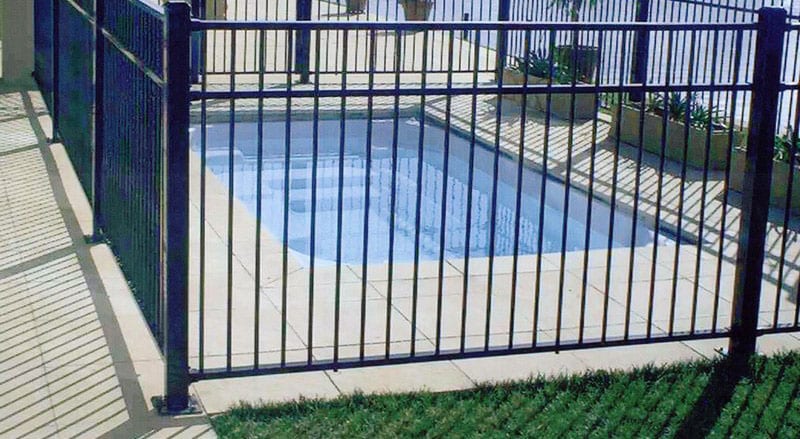
Although swimming pools provide a respite from the brutal summer heat they come with significant responsibilities to their owners. Pool operation and maintenance is governed by a litany of federal, state, and local regulations. These laws are designed to keep swimmers safe by regulating water chemistry, sanitation, pool depth, signage, and much more.
Modern pools and hot tubs are equipped with complex water filtration systems. In many instances these systems completely filter all water in the pool within a few hours. So, powerful pumps with large drains are needed to draw the water into the filter. In 2002, seven year-old Virginia Graeme Baker drowned after she got stuck to the bottom drain of a hot tub. Virginia’s mother was unable to pull her out of the water, so she called for help and eventually two men grabbed Virginia and extricated her from the drain. The men used so much force to pry her loose they broke the drain cover. Despite their efforts, Virginia drowned. In response to this drowning, the Virginia Graeme Baker Pool and Spa Safety Act was signed into law by President George W. Bush in 2007. This law requires that pool and hot tub drains covers be unblockable. An unblockable drain cover prevents a human from creating a suction entrapment hazard. All public swimming pools designed after 2008 must be equipped with this type of drain cover.
While the Commonwealth of Virginia does not have an attractive nuisance doctrine there are regulations pertaining to swimming pool fencing. The doctrine of attractive nuisance concerns items that are known to be dangerous to children in an area where a child could have access to such an item. In Virginia, swimming pools must be protected by a fence that is at least three feet tall. However, pools in Fairfax County must be protected by a fence that is at least six feet tall. A swimming pool guest is considered to be a licensee. An owner has a duty to exercise reasonable care to the licensee to ensure that the premises is safe. A guest could potentially sue for injuries sustained as a result of the swimming pool owner’s negligence. Many public swimming pools attempt to minimize injuries by contracting with professional pool management companies. These companies provide lifeguards for safety and a maintenance crew to ensure proper operation of the filtration system. Drownings at public swimming pools while rare, still occur. Swimming pool owners can steps to ensure that their pool is safe, clean, and well-maintained to reduce the risk of injury to swimmers.
If you have a pool in your backyard, or your neighbors have a pool that you use occasionally, we recommend reviewing the safety guidelines at www.poolsafely.gov, including these helpful videos that emphasize the importance of:
- Supervision
- Fencing
- Pool and Spa covers
- Alarms
- Drain covers
- Swimming Lessons
- Learning CPR